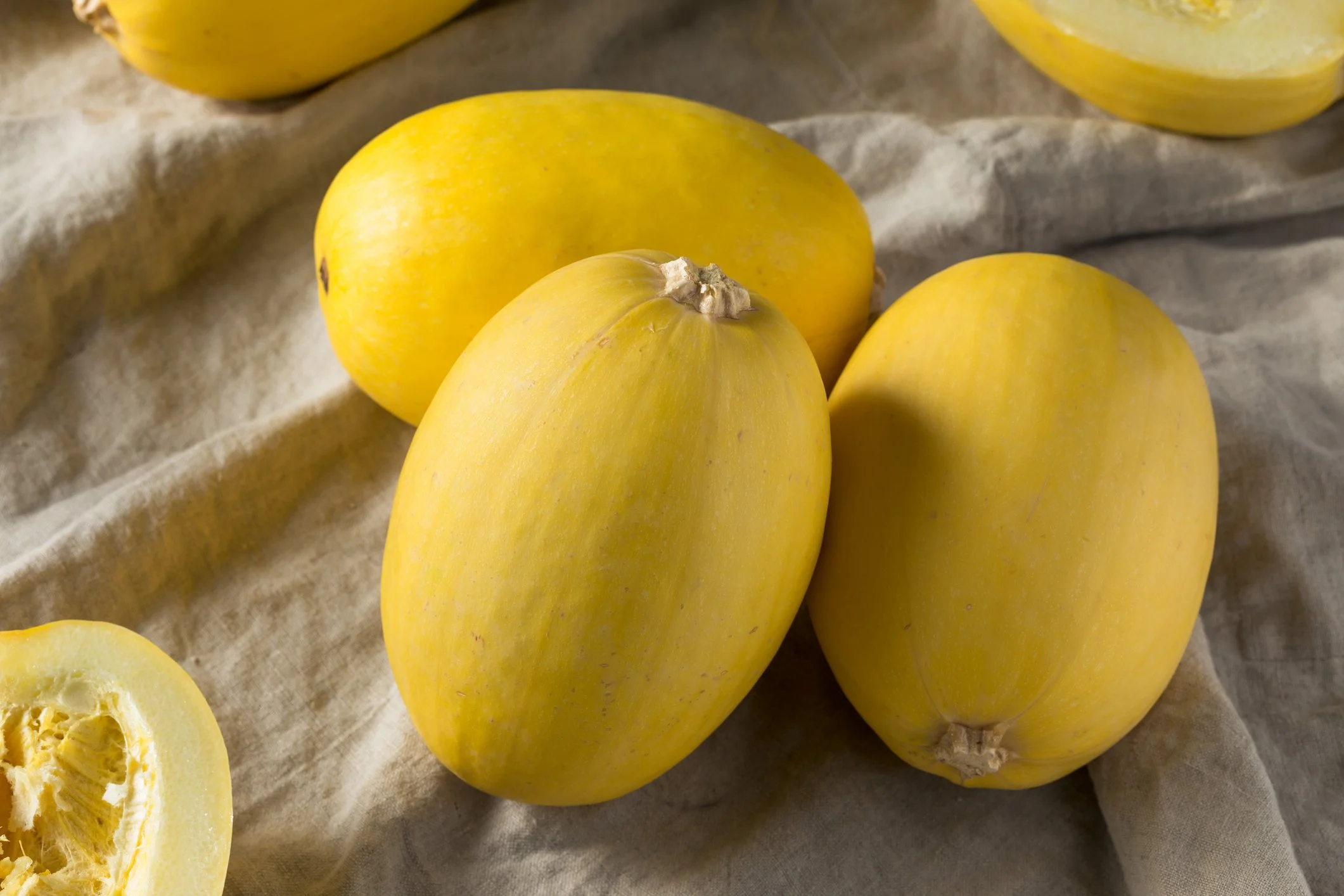As a mom and dietitian, it is scary to me the amount of energy drinks and caffeine that young children are consuming! Caffeine is a stimulant and it is finding it's way into a lot of products and drinks, way beyond the traditional coffee or tea - from gums, chews, and energy drinks.
While children and teens may be intrigued by these products, they do not have a place in their routine, even for teen athletes. Additionally beyond the caffeine the other additives like: guarana (a plant-based stimulant) and taurine (an amino acid) are equally if not more concerning to me as they are not tested on children.
On a given day in the US research shows, about 73% of children and adolescents (ages 2 - 22) consume caffeine (Journal of Pediatrics, March 2014). What was alarming to me is that caffeine intake was prevalent among all age groups in the study (Age ranges: 2 - 5, 6 - 11, 12 - 16, 17 - 18, and 19 - 22); while the intake amounts varied ranging from a low in the 2 - 5 year old age group of mean average intake of 15.9 mg of caffeine up to a high of 122.5 mg of caffeine per day in the oldest age group. Side effects from caffeine can range from insomnia to irritability to more serious health issues like irregular heart beats, blood pressure changes, and even death.
If your child or teenager is interested in drinking energy drinks or other caffeinated products, remind them that taking products with caffeine can hurt them and are never a replacement for hard work or a good nights sleep. Two things we adults should remind ourselves of as well!
Caffeine is not recommended for children. The American Academy of Pediatrics recommends that adolescents, age 12 to 18, should not consume more than 100 milligrams of caffeine per day. Additionally, adults are recommended to limit caffeine intake to 400 mg or less per day. Although, keep in mind, some people are very sensitive to caffeine or may not be able to have any due to underlying medical conditions.
A big watch out is how much caffeine is in products, as it can vary greatly from the low of 5 - 30 mg of caffeine in a decaf coffee to 300 - 400 mg in a large coffee or 160 - 300+ in an energy drink. Check out this chart by the Centers for Science in the Public Interest (CSPI) on the caffeine content in popular drinks and products.
When your teen is asking for energy drinks, try these energy boosting ideas instead:
- Have then sip water throughout the day to maintain optimal hydration levels
- Snack on filling and energy boosting snacks like: fresh fruit & yogurt, banana and almond or peanut butter, whole grain crackers with sliced cheese & fruit, or baby carrots and dip
- Get plenty of sleep!
- For athletes: focus on working hard and training hard
And again, remind them that taking products with caffeine can hurt them and are never a replacement for hard work or a good nights sleep.
References:
Caffeine Sources for Teens more Varied Than before, via AAP.org, Accessed May 18, 2017
Branum, et al. Trends in Caffeine Intake Among US Children and Adolescents, Journal of Pediatrics, March 2014
Teen Dies from Too Much Caffeine, CNN, Accessed May 18, 2017







